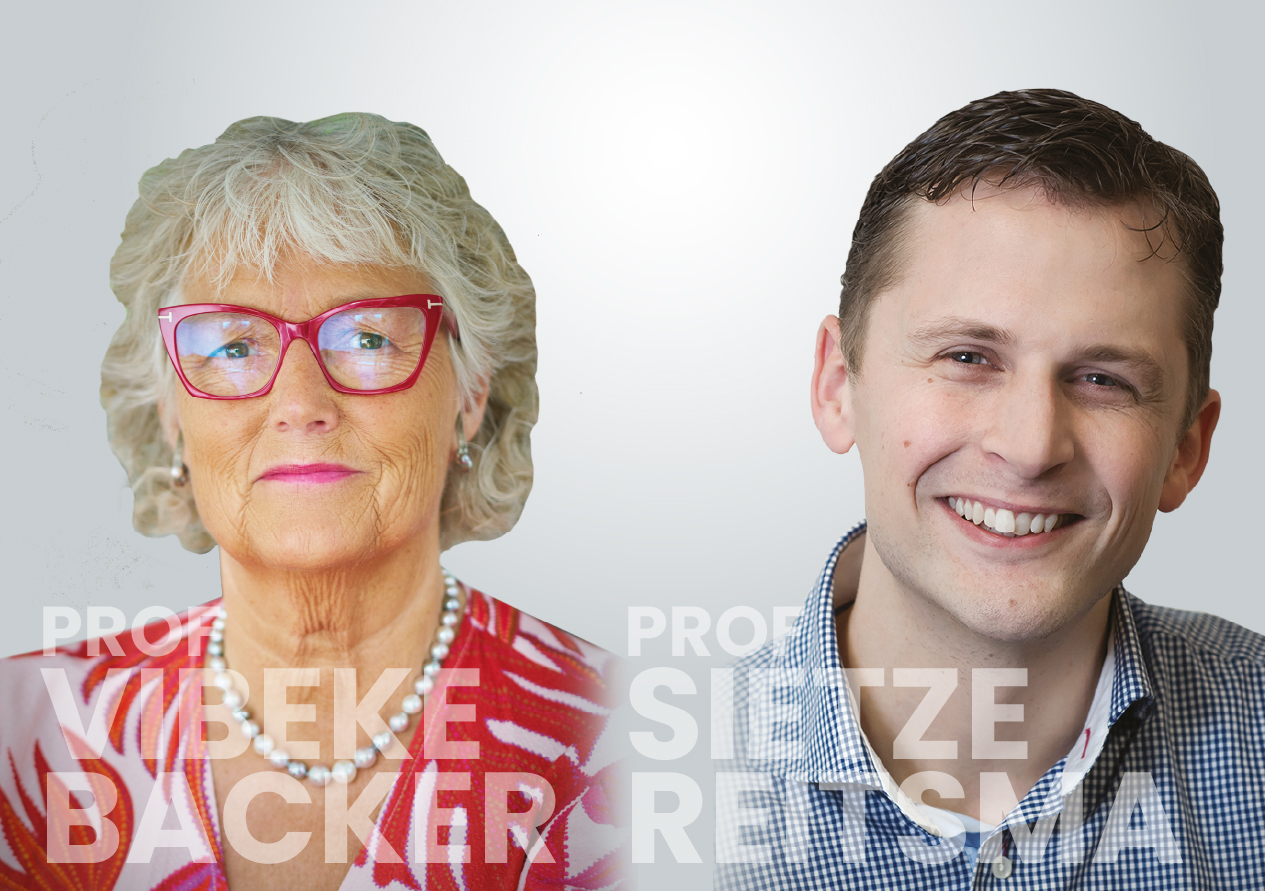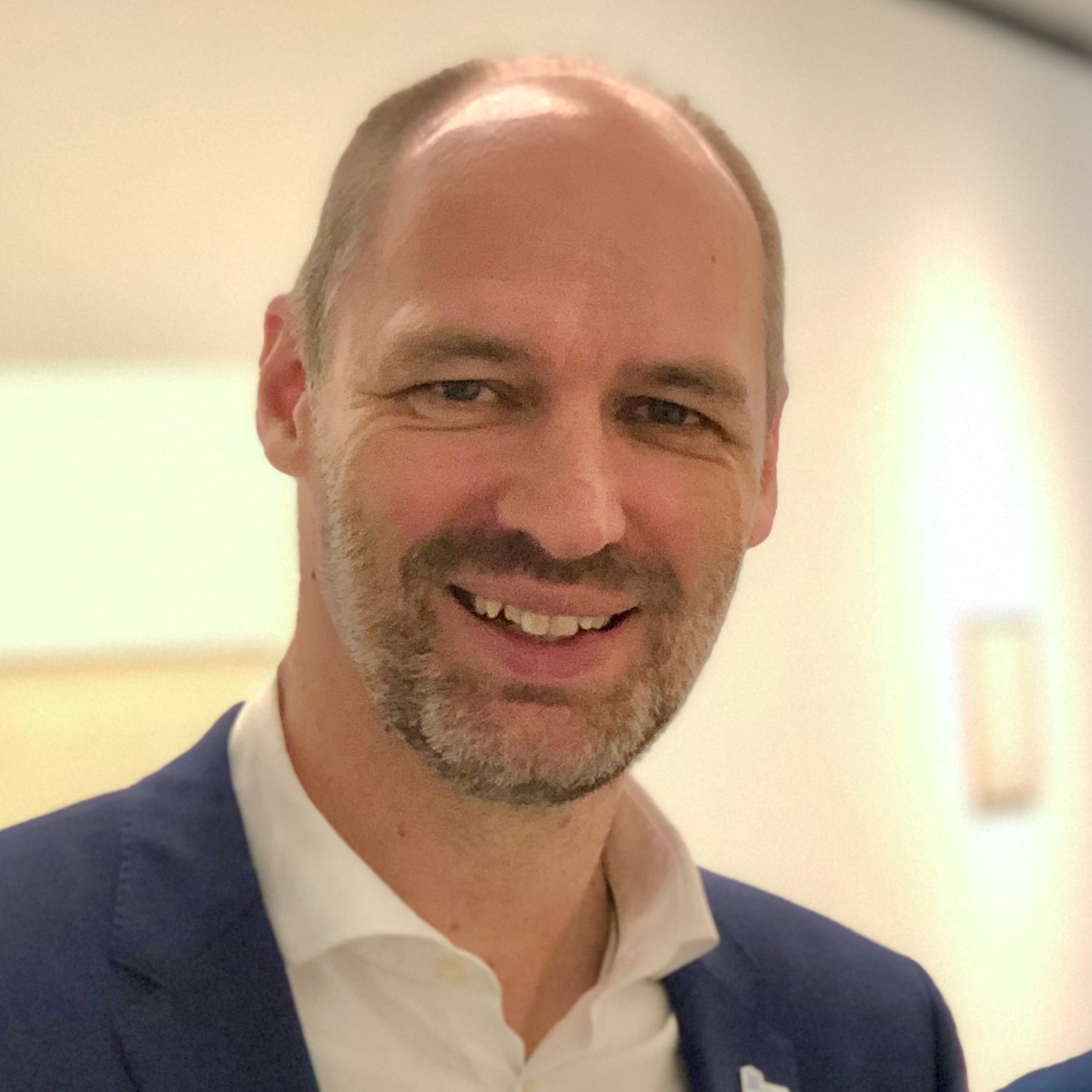Rhinology
What proportion of patients can achieve control in CRSwNP?
Join Prof. Hellings and Prof. Corso in dicussion on the factors affecting complete control of CRSwNP, including treatment types, comorbidities, and the need for more data on biologics.
Learning objectives
- Understand the factors that influence the level of control in patients with CRSwNP when treated with oral corticosteroids, antibiotics, sinus surgery, and biologics, including the role of comorbid conditions like asthma and aspirin intolerance
- Learn about the significance of different treatment approaches and the potential impact of using the JESREC score in Japan to evaluate patient responses to various treatments for CRSwNP in diverse patient populations
Description
Learn about the variability in achieving control of CRSwNP across different medical centers and patient profiles. Factors such as the presence of comorbid asthma or aspirin intolerance can affect the success rate of treatments like sinus surgery and biologics. The need for more data on long-term outcomes and the role of Japan's JESREC score in evaluating patient responses are highlighted.
Tags
MAT-GLB-2402936 - 1.0 - 07/2024
About this expert
Rhinology
Peter Hellings
MD, PhD
Professor and Clinic Head of the Department of Otorhinolaryngology | University Hospitals of Leuven, Belgium
See author’s profile

































